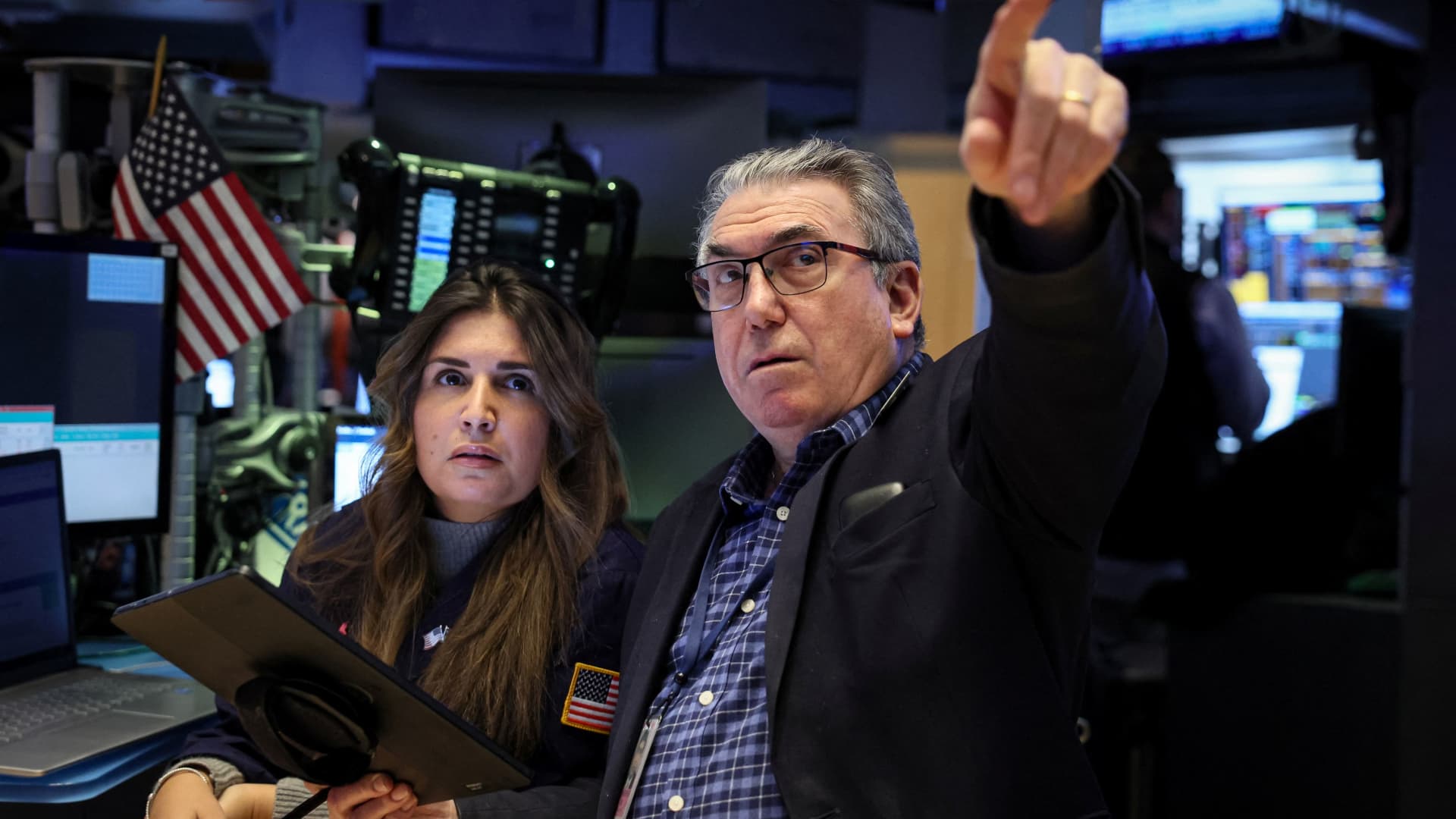Former Vice President Mike Pence has officially withdrawn his bid for the Republican presidential nomination, ending his campaign due to difficulties in fundraising and lack of traction in the polls. Pence made the announcement at the Republican Jewish Coalition’s annual gathering in Las Vegas, stating, “It’s become clear to me: This is not my time.” Despite this setback, Pence expressed no regrets and received multiple standing ovations from the audience.
Pence’s decision highlights the significant impact that former boss-turned-rival Donald Trump has had on the party. While a former vice president would typically be seen as a strong contender in any primary, Pence struggled to find a solid base of support. Although he did not immediately endorse any of his rivals, Pence continued to criticize Trump, urging fellow Republicans to choose a presidential candidate who would lead with civility and appeal to the “better angels of our nature.”
By withdrawing more than two months before the Iowa caucuses, Pence avoids accumulating further debt and potential embarrassment from failing to qualify for the third Republican primary debate. However, this marks a significant blow for a politician who had been a loyal lieutenant to Trump. The fallout occurred when Trump falsely believed Pence had the power to overturn the results of the 2020 election and keep them both in office, leading to strained relations and criticism from Trump’s supporters.
Among Trump critics, Pence is seen as an enabler who defended the former president without question, even during questionable actions. Consequently, a majority of U.S. adults hold a negative view of Pence, according to a survey by the Associated Press-NORC Center for Public Affairs Research.
During his campaign, Pence aimed to increase his visibility and connect with voters through an aggressive schedule that included visits to diners and Pizza Ranch restaurants. He specifically targeted Iowa, a state known for its white Evangelical population and history of favoring socially conservative candidates. Pence’s campaign emphasized his hard-line stance on issues such as abortion, advocating for a 15-week national ban and the prohibition of alternative drugs used instead of surgical procedures.
Despite his efforts, Pence faced challenges in gaining traction both in Iowa and in fundraising. As of September, his campaign had only $1.18 million in the bank and $621,000 in debt. Recognizing that remaining a candidate risked diminishing his long-term standing within the party, especially with Trump’s dominating lead in the race for the 2024 nomination, Pence made the crucial decision to drop out.
While Pence plans to remain engaged politically, he will do so through Advancing American Freedom, a conservative think tank he established after leaving the vice presidency. Through this organization, he will advocate for policies such as increased U.S. support for Ukraine’s defense against Russian aggression, as well as proposed cuts to Social Security and Medicare to address the national debt. These policies were once considered mainstream Republican orthodoxy but have fallen out of favor as the party has embraced Trump’s isolationist and populist views.

I have over 10 years of experience in the cryptocurrency industry and I have been on the list of the top authors on LinkedIn for the past 5 years. I have a wealth of knowledge to share with my readers, and my goal is to help them navigate the ever-changing world of cryptocurrencies.











